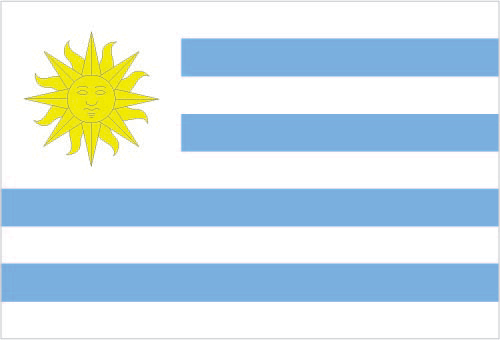
Uruguay has a free market economy characterized by an export-oriented agricultural sector, a well-educated work force, and high levels of social spending. Following financial difficulties in the late 1990s and early 2000s, economic growth for Uruguay averaged 8% annually during the period 2004-08. The 2008-09 global financial crisis put a brake on Uruguay's vigorous growth, which decelerated to 2.6% in 2009. Nevertheless, the country managed to avoid a recession and keep positive growth rates, mainly through higher public expenditure and investment, and GDP growth reached 8.9% in 2010 but slowed in 2012-13, the result of a renewed slowdown in the global economy and in Uruguay's main trade partners and Common Market of the South (Mercosur) counterparts, Argentina and Brazil. Uruguay has sought to expand trade within Mercosur and with non-Mercosur members. Uruguay's total merchandise trade with Mercosur since 2006 has increased by nearly 70% to more than $5 billion while its total trade with the world has almost doubled to roughly $23 billion in 2013.
$56.27 billion (2013 est.)
country comparison to the world: 94
$54.37 billion (2012 est.)
$52.31 billion (2011 est.)
3.5% (2013 est.)
country comparison to the world: 98
3.9% (2012 est.)
6.5% (2011 est.)
$16,600 (2013 est.)
country comparison to the world: 80
$16,100 (2012 est.)
$15,500 (2011 est.)
agriculture: 7.5%
industry: 21.5%
services: 71% (2013 est.)
18.6% (2010 est.)
8.3% (2013 est.)
country comparison to the world: 197
8.1% (2012 est.)
1.7 million (2013 est.)
country comparison to the world: 126
agriculture: 13%
industry: 14%
services: 73% (2010 est.)
6.5% (2013 est.)
country comparison to the world: 67 6% (2012 est.)
food processing, electrical machinery, transportation equipment, petroleum products, textiles, chemicals, beverages
6.6% (2013 est.)
country comparison to the world: 39